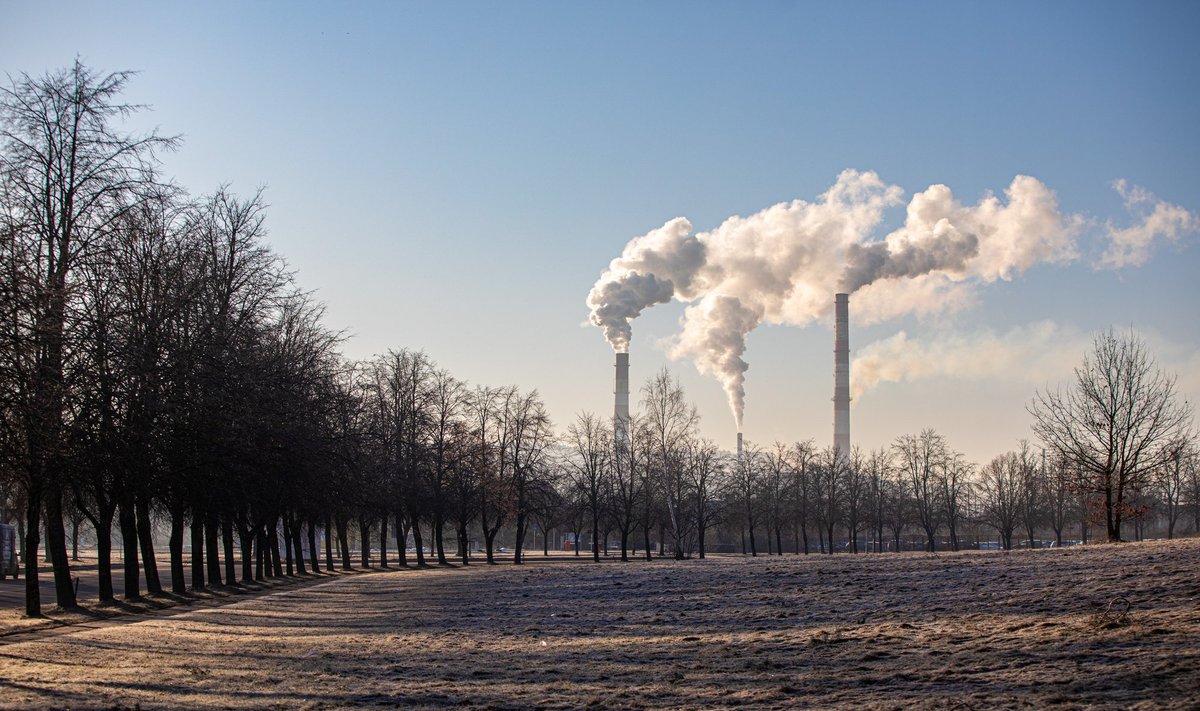On Friday, Speaking to Delfi TV, he said municipalities so far do not plan to save energy drastically like in some other European countries and there are no indications that ordinary life may be disturbed radically come autumn and winter.
According to the politician, in isolated cases some municipalities are considering saving electricity on street lighting at night, somewhat at the expense of safety, but this is not a widespread trend.
Sinkevičius, Mayor of Jonava, emphasised that in many municipalities district heating is generated by incinerating biofuel and, therefore, there should be no issues with district heating in winter. However, he also noted that there are some problematic municipalities, especially Vilnius city, where the situation with district heating may be the most complex as they use natural gas.
He reminded that the Government has allowed 11 district heating suppliers operating in municipalities to incinerate heavy fuel oil in an emergency. Nonetheless, he said this situation should be assessed only as hypothetical because incinerating heavy fuel oil is an obsolete and polluting option of the Soviet era.
Moreover, Sinkevičius added that many municipalities and energy companies supplying district heating have already secured the required biofuel raw materials and the necessary gas supply.
After Russia’s Gazprom reduced gas supplies to Europe, the EU agreed to cut gas consumption by 15% until spring.
